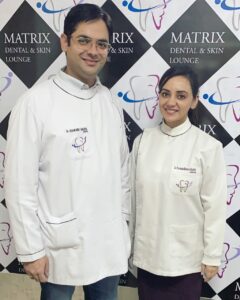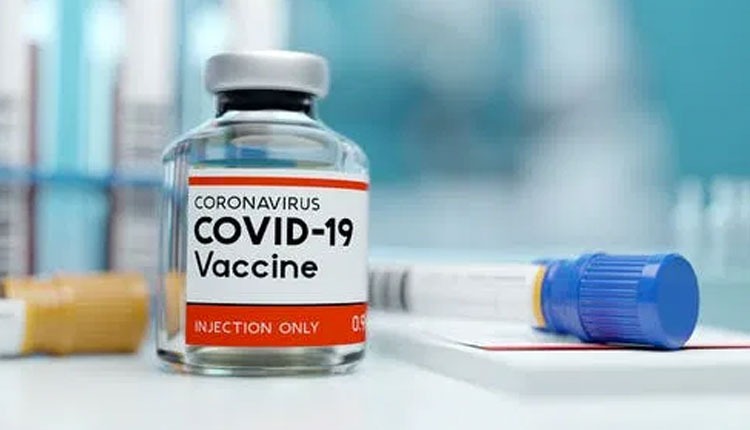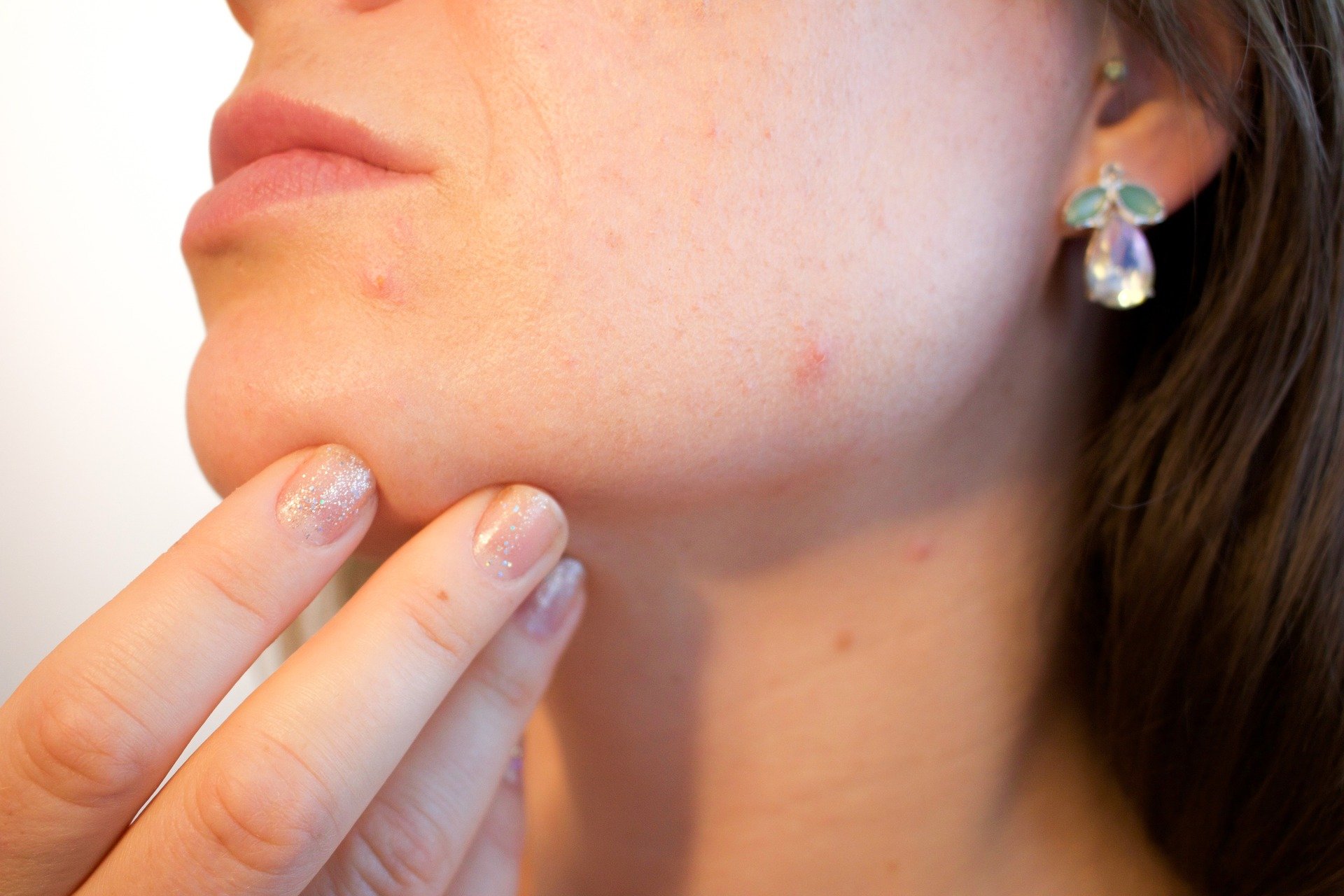Cavities are permanently damaged areas that form into tiny gaps or holes on the hard surface of your teeth.
Cavities, also known as caries or caries, are caused by a variety of factors such as mouth bacteria, daily snacks, consuming sugar, and not properly brushing your teeth.
 Dr. Sourabh Nagpal, MDS, Prosthodontist and Implantologist, Cosmetic Smile Design Specialist, and Dr. Poonam Nagpal, MDS Gold Medalist, Root Canal Specialist, Director Matrix Dental and Skin Lounge, talk about what happens to your teeth if you don’t treat a cavity and the important techniques you and your family need to develop for good oral hygiene.
Dr. Sourabh Nagpal, MDS, Prosthodontist and Implantologist, Cosmetic Smile Design Specialist, and Dr. Poonam Nagpal, MDS Gold Medalist, Root Canal Specialist, Director Matrix Dental and Skin Lounge, talk about what happens to your teeth if you don’t treat a cavity and the important techniques you and your family need to develop for good oral hygiene.
What actually happens to your teeth if you don’t treat a cavity?
The cavity will be small initially and because of roughness and pit formation, it will lead to further food lodgement. This increases the decay in the tooth. This all leads to a very deep cavity approximating your tooth nerve. The patient will experience severe pain and sensitivity. If further for a longer time, it leads to infection inside the tooth.
Once the tooth reaches that stage then root canal treatment is required to eliminate the infection. The patient experiences extreme and excruciating pain in such a situation and root canal treatment or removal of the tooth is the only alternative
Can a cavity go away on its own?
A cavity usually doesn’t go away on its own, though its progression can be stopped or slowed down or can be treated by a dentist.
Leaving a cavity untreated is risky. It will always have a tendency to increase until if it is filled by a dentist or treated with a fluoride treatment. Whenever food lodgement will happen, the cavity will have the tendency to increase. Drastic PH changes can also lead to the progression of a cavity.
How To Prevent Cavities?
The most widespread method of oral hygiene practice is tooth brushing. Proper teeth brushing can help you prevent oral illnesses such as cavities and gum disease.
By opening up the spaces between the teeth, dental floss may improve the efficacy of brushing the teeth significantly.











